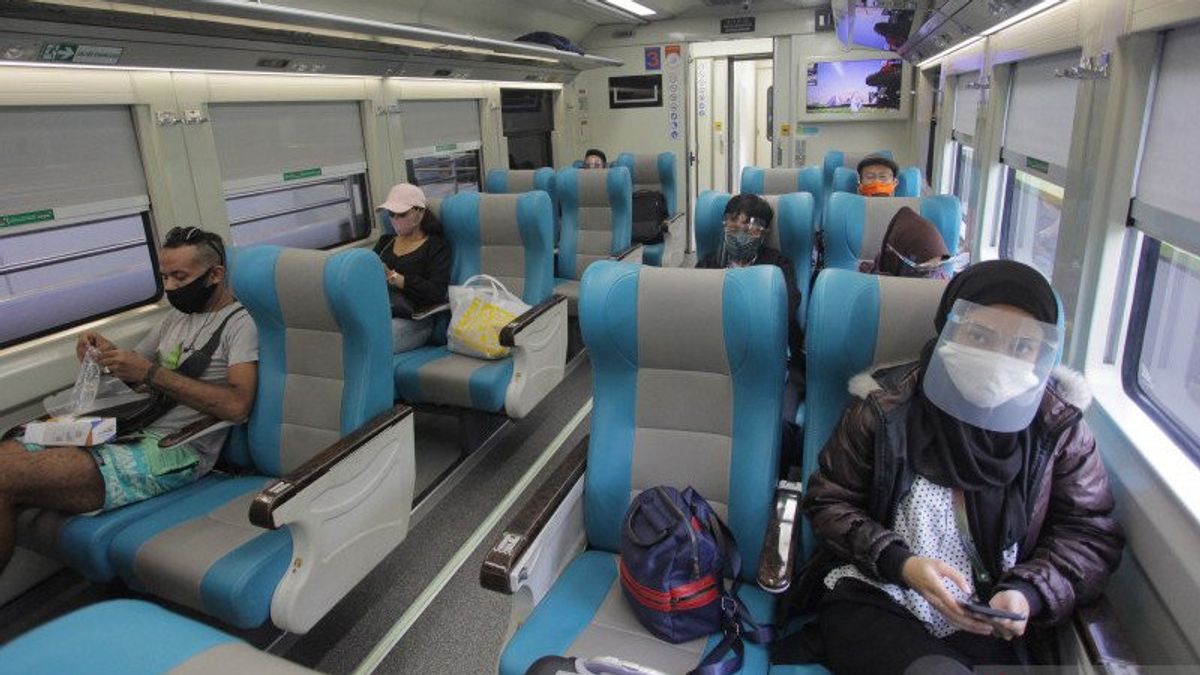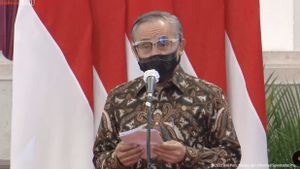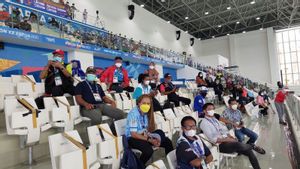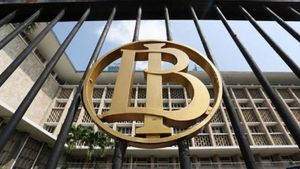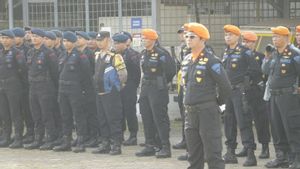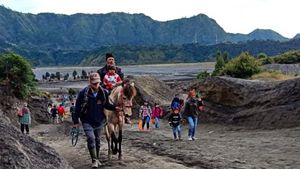JAKARTA - The jumbo budget for the construction of the Jakarta-Bandung high-speed train is considered insufficient to reach the break event point (turnover) if it only relies on revenue from passenger ticket sales.
Moreover, currently working on the national strategic project is facing the challenge of cost overrun or cost overruns from the previous USD 6.07 billion or approximately IDR 86.67 trillion (IDR 14.280 exchange rate) to USD 8 billion dollars or IDR 114.24 trillion. This was stated by an SOE observer from the University of Indonesia, Toto Pranoto.
"I don't think the operation of this fast train can only rely on passenger fares," he said in an interview on the CNBC Indonesia channel, Tuesday, October 12.
According to Toto, there needs to be a follow-up business strategy from the consortium and the train operator so that the flow of capital returns can be carried out quickly.
"They must be able to develop how to get income beyond that (passenger fare income) by operating properties from around the stations they pass through," he said.
He then gave an example of the construction of flats and apartments carried out by PT Kereta Api Indonesia (KAI) by integrating them into commuter lines in the Greater Jakarta area.
"In this case, it is developing Transit-Oriented Development (TOD), and also how to grow local economies around the station which will later be along the route so that they can develop," he said.
SEE ALSO:
If the concept has been successfully implemented, Toto believes that the government as the initiator of the high-speed rail project can benefit from the development of the economic concept.
"If later it can be doubled, then the value obtained can be further increased and not only income from passenger fares," he said.
Furthermore, the UI academic assessed that the high-cost Jakarta-Bandung high-speed rail project could have an impact on ticket prices. In fact, he already has his own calculations if the service tariff will be set at IDR 150.000 for the short route and IDR 350.000 for the farthest route.
"If you look at the price range, this is for the upper-middle class. So there must be an effort by the government to provide subsidies so that it can be enjoyed by the whole community. This is what must then be thought about how to solve it so that it remains economically visible," he explained.
The English, Chinese, Japanese, Arabic, and French versions are automatically generated by the AI. So there may still be inaccuracies in translating, please always see Indonesian as our main language. (system supported by DigitalSiber.id)
